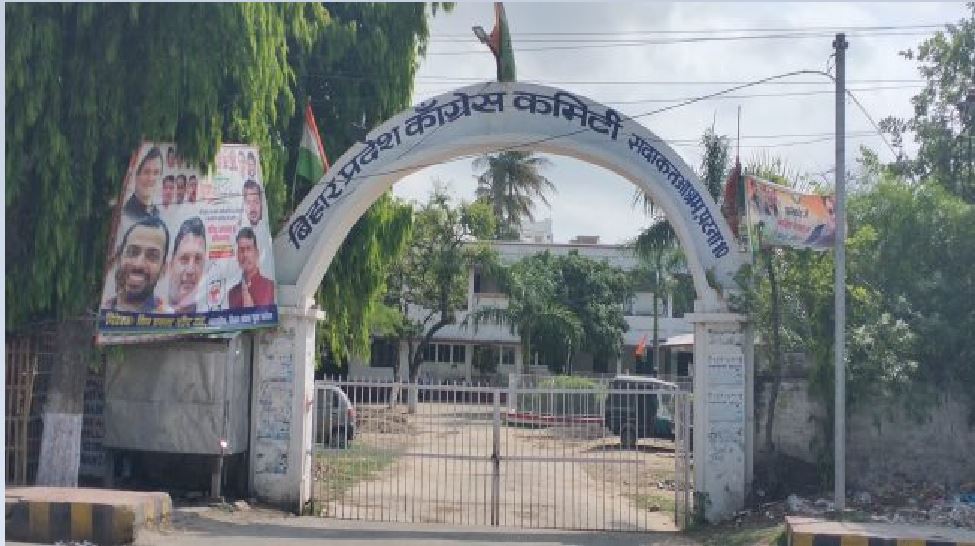
Law Kumar Mishra
Patna, December 17
Bihar unit of the Congress is a divided house on the issue of liquor prohibition in the state.
While Congress legislature party leader Ajit Kumar Sharma asked Chief Minister Nitish Kumar to withdraw prohibition, his party colleague and senior MLA from Katihar Shakil Ahmad Khan demanded strict enforcement of the anti-liquor laws claiming liquor was “Haram”(proscribed) in Islam.
Ajit Kumar Sharma, in a letter to Chief Minister Nitish Kumar on Tuesday suggested total lifting of prohibition, raising prices of liquor and utilising revenue earned through excise for setting up of industries.
Sharma said the state government was suffering heavy loss of revenue since imposition of prohibition in 2015. Still, liquor was available in black all over the state. Government is suffering more loss due to black marketing of liquor coming from other parts of the country illegally, he added.
Congress leader said the liquor mafia benefited due to the ban on liquor and promoted clandestine business of liquor. Many people have died after consuming spurious liquor, Sharma said and reminded the Chief Minister when he introduced prohibition, Congress was part of the ministry led by him (Nitish Kumar). But now the experience shows the ban did not succeed as home delivery of liquor was on.
He demanded the state government to lift prohibition immediately. This is the first time that the Congress has come out against prohibition.
However, Shakil Ahmad Khan opposed his party leader and said the CLP leader should withdraw his letter to the Chief Minister. He said consumption of liquor was prohibited in Islam. Khan said the chief minister should go stern on the prohibition laws and ensure its provisions were enforced strictly.
Former Chief Minister Jeetan Ram Manjhi, who heads the HAM(S), an alliance partner of NDA in Bihar, also supported relaxation in prohibition laws. He demanded release of all those arrested for violation of prohibition laws. Manjhi said the majority of those detained or jailed on the charge of violating prohibition laws were poor and dalits.



